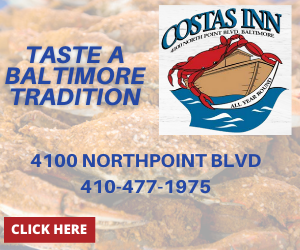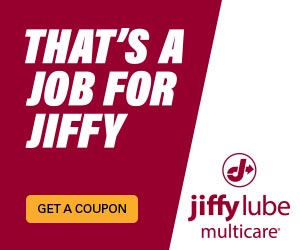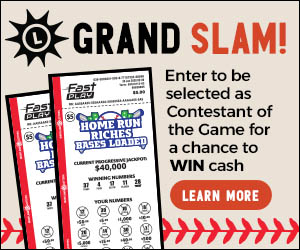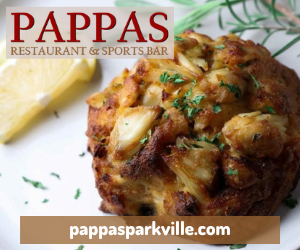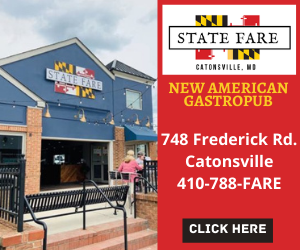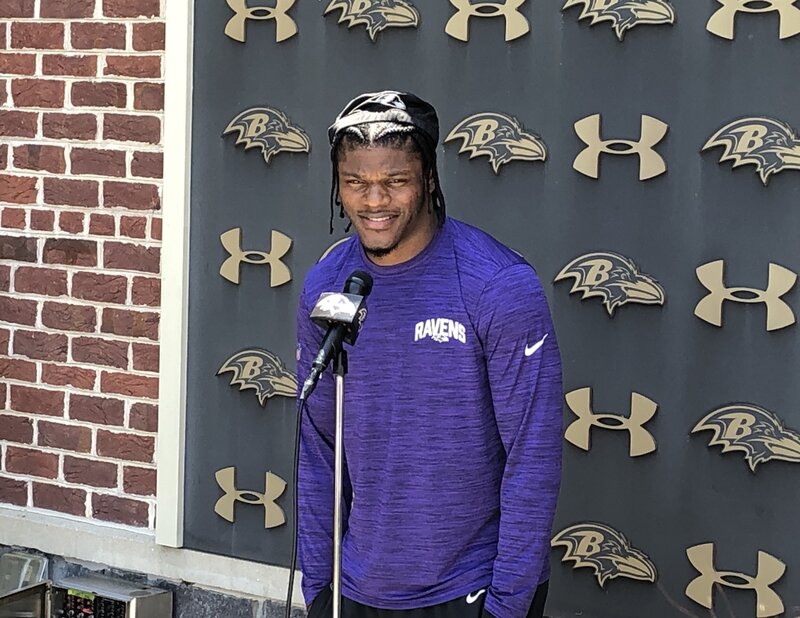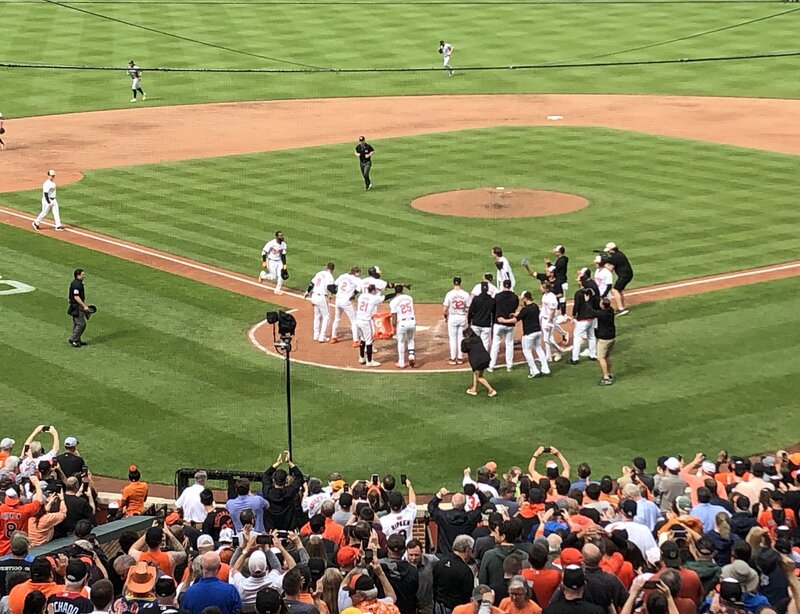demanded that his employees march in lockstep with every decision while he hid in his law office tower like a coward during all of the losing.
All the missives showed the pettiness and small-mindedness of a man who lived in paranoia. He hated everything and anyone he couldn’t control. And he abused and intimidated everything that he did control. The firing of Frank Wren and inserting of Cal Ripken into the storyline by the owner of the team was morbidly over the line and shameless, even by Angelos’ own low-brow standards.
But for Kurkjian, the obvious target heading into the new season was Albert Belle. For all of Angelos’ faults and the withered power of any management position within the Orioles with Syd Thrift and Mike Hargrove taking over for the previous victims of circumstance, it was Belle who would be the one who could hit the team out of fourth place in the AL East in 2000 and right all of the wrongs.
Kurkjian continued:
And then there is Albert Belle.
The intelligent, the irrational, the irascible, the irritable Albert Belle. The best player on the team. The most negative force on the team. The signing of Belle to a five-year, $65M contract capped a decade of mistakes: trading Pete Harnisch, Curt Schilling and Steve Finley for Glenn Davis. Rejecting a Jeromy Burnitz-for-Bobby Bonilla offer. Signing Delino DeShields for three years and Mike Timlin for four. Not re-signing Roberto Alomar, Rafael Palmeiro, Davey Johnson or Pat Gillick. Ask who made the more recent gaffes and you get, “I didn’t do it. He did.” But it was Angelos, who has had five managers and four general managers in seven years, who made the call on Belle.
Kurkjian took one final run at Angelos at the end of the story, trying to explain the mind of a billionaire who still knew very little about baseball, sports fans or much outside of his realm of the law and fighting with everyone on ideology and righteousness.
Angelos runs the Orioles like a family restaurant. He says he’s not as involved as people think, but he still slices the olives, greets the customers, questions the chef’s preparation and constantly wonders if anyone is stealing behind his back. It’s his nature; he can’t help himself. How many baseball owners get involved in media credentials and parking passes?
But Angelos isn’t a baseball man. He’s a lawyer who has represented thousands of victims of asbestos poisoning, in a practice sufficiently lucrative to allow him to buy the Orioles in 1993. He is amazingly thorough, so much so that he doesn’t always act with the speed that baseball demands. If there’s a free agent out there, you sign him now or he’ll be gone. Angelos sleeps only four or five hours a night, but there doesn’t seem to be time to respond to competing demands from his legal practice and his ballclub.
Growing up, Angelos didn’t play baseball; he boxed. Perhaps that explains the fearlessness that shows in everything he does. He ran unsuccessfully for mayor of Baltimore with a black running mate in 1967, campaigning in places where whites weren’t welcome. Angelos is 5’6″, but he’s quick to point to out that he wears a size-42 coat and weighs 180 pounds.
A philanthropist who quietly supports various Baltimore-area charities, Angelos can be quite charming – but these days, he’s often angry. When he bought the club, he gave many members of the local media his home phone number and urged them to call, which they did. But when the team faltered and people got fired or quit, the press bashed him, and he became very defensive about any criticism. And he’s especially angry about the heat that his sons have taken about their roles in the organization.
John and Louis Angelos are bright guys. Both have law degrees. They’re not malevolent. And they don’t call the manager during a game to tell him what to do. John, who oversees daily operations, is a quick study, a highly inquisitive person who picks the brain of everyone from GM to trainer. But he and Louis grew up in baseball with a Rotisserie League mentality, looking only at stats in evaluating players. Judging baseball requires feel and instinct honed by experience and observation. Neither son has those credentials.
On the eve of the 2000 season, it was very clear that the Orioles weren’t getting better. If anything, now two full seasons removed from the playoffs, what was left of that empire was in decay or close to departure.
Jon Heyman of The Los Angeles Times wrote in a 2000 spring preview:
The Orioles are old and slow, and they are an annual disappointment. One Orioles official said on the eve of the season, “We stink.” He said their only real strength was at DH. “We have four of those.”
The Orioles’ baseball decisions are now made by G.M. Syd Thrift and Angelos’ two sons, John and Louis. Mockingly, they are referred to as “Syd and the kids.” Thrift was so ill-prepared at the winter meetings that opposing general managers were shaking their heads. The kids are known better for their rotisserie playing, which might explain the real team.
Heyman itemized the 2000 team thusly:
Young pitcher with promise Matt Riley was arrested for disorderly conduct after a run-in with a policeman during spring training. Right-hander Mike Timlin hasn’t proved to be a closer. Mike Trombley, signed for $7.75 million over three years, hasn’t been terrible, except for the nine homers in his 24 innings. Hargrove admits age is working against his team. “We’re not getting any younger, like a lot of teams aren’t getting any younger,” he says. “We want at some point to start getting younger players. But the older players we have like Ripken and (Will) Clark and (Mike) Bordick and (B.J.) Surhoff and Anderson are still good players. They’re not done by any stretch of the imagination.” That might be wishful thinking; Clark didn’t hit his first homer until the team’s 60th game.
Even if the Orioles wanted to remake themselves now, it would be nearly impossible. Many of their players are so overpaid no one would take them. Their best players are flawed (Delino DeShields can hit but not field); free agents after the season (Bordick and catcher Charles Johnson); struggling (right-hander Scott Erickson, Clark); over 40 (DH Harold Baines, 41); have full no-trade clauses or 10-and-5 veto rights or both (Ripken, Belle, Anderson, righthander Mike Mussina); or limited no-trade clauses (Surhoff).
Camden Yards continues to sell out, but what the fans have seen three years running is a lot of bad baseball.
There’s plenty more to come.
The words of Heyman, in retrospect, could be considered quite prophetic. The Orioles wouldn’t reach the American League playoffs for 12 more years.









